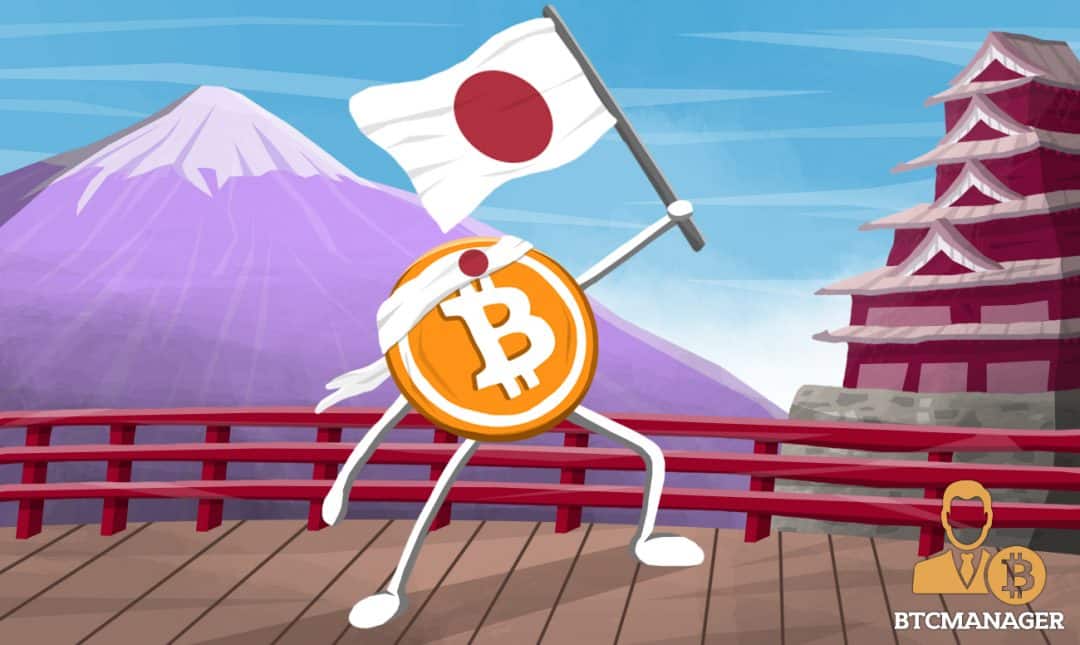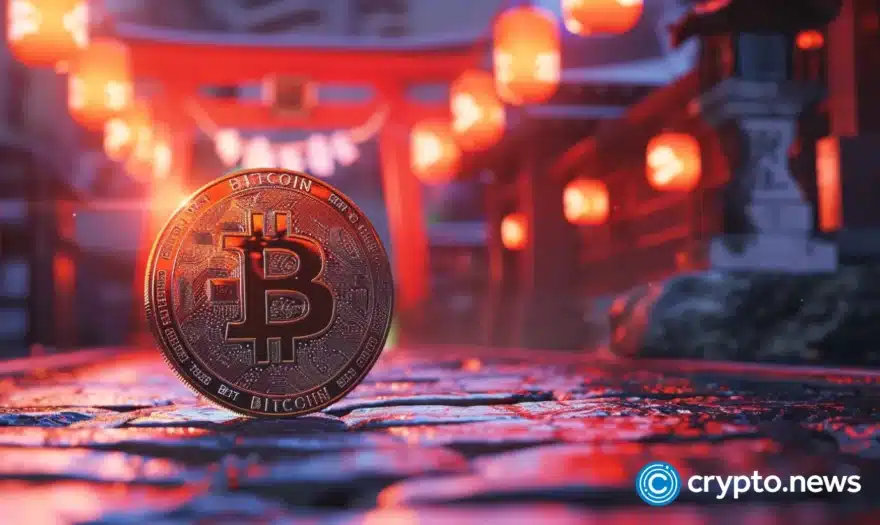Where Are They Now?: Japan, The Birthplace of Cryptocurrency Exchange Regulations

Unlike many regions of the world that are slowly beginning to tap the potential of cryptocurrencies and blockchain technology, some nations like Japan have been embroiled in crypto-mania from the very beginning.
Japan is one of the frontrunners of blockchain adoption being home to numerous blockchain projects, startups, and cryptocurrency exchanges among the thousands of merchants who are accepting Bitcoin payments in their business.
Perhaps the most interesting facet of Japan’s story is the self-regulatory powers that its financial watchdog had bestowed onto a domestic blockchain association, though more on that a little later.
Crypto-Crisis
The Japanese cryptocurrency exchange Mt. Gox was one of the very first of its kind, and in 2014 it was the most popular and largest crypto exchange in the world, reportedly handling 70 to 80 percent of all Bitcoin transactions worldwide.
Notoriously, disaster struck in February of 2014 when the company discovered that it had “lost” over 850,000 bitcoins, a cataclysm for the market and a near-fatal blow to the industry as a whole.
The ongoing saga has resulted in the arrest of CEO Mark Karpelés on charges of fraud and embezzlement and who could now be facing a significant jail term. While the event at the time was unfortunate, funds are reported to be returning to the robbed Mt. Gox traders.
Furthermore, it put cryptocurrencies on the radar of governments the world over, which in spite of decentralized ethos carried by early adopters of the tech, has presented the blockchain industry with a wealth of opportunities.
The Results of Adversity
Japan’s slow and steady approach to regulating the sector began in late 2014 and eventually resulted in Japan’s Financial Services Agency (FSA) working to amend the “Payment Services Act” which came into effect on April 1, 2017, legalizing cryptocurrencies as a form of payment. Although the fate of initial coin offerings (ICOs) remained yet to be seen, in October 2017, it was unclear as to which direction the government would take given that South Korea and China had banned ICOs a month prior.
Months later, the FSA then moved to officially recognize eleven companies as registered cryptocurrency exchange operators, as well as approving 17 cryptocurrencies to be traded on the platforms. Additionally, as part of the amendment package, the FSA now has the power to authorize a self-regulating body.
In January 2018, the Japan Blockchain Association (JBA), formerly known as the Japan Authority of Digital Asset (JADA), was reported to have been bolstering their recently adopted self-regulation standards in the wake of a hack on one of its members, the cryptocurrency exchange Coincheck. Unfortunately, competition between domestic associations namely the JBA and the Japan Cryptocurrency Business Association (JCBA) was frustrating the FSA as the two were reportedly battling for power to negotiate a merger.
Finally, they did so in early March, formally announcing the merger at a press conference. The group made further announcements upon reaching formal agreements and named themselves the Japanese Virtual Currency Exchange Association (JVCEA).
The arrival of the JVCEA was timely as earlier that month, and the FSA received a proposal to legalize and regulate ICOs, from the Business Research Group, an entity backed by the government. According to the group, they believe that “ICOs are a groundbreaking technology.”
Exchange Focus
In May the FSA set out a “Five Point Agenda” for crypto exchanges, aimed at enhancing investor protections and preventing money laundering, the FSA mandated exchange platforms to upgrade security which includes cold wallet storage and two-factor authentication (2FA) for transfers.
Secondly, stringent know-your-customer (KYC) procedures to further reduce the risk of money laundering. Thirdly, exchanges will manage customer assets separately from corporate-exchanged accounts as well as daily customer account checks to curb manipulation.
Next, the FSA imposed restrictions on privacy-focused cryptocurrencies, ones that typically grant the user total anonymity. Finally, the FSA called for crystal-clear organizational structure within an exchange platform’s company, with the call to separate shareholders from the management team.
Moving a little further forward into July, the FSA announced that cryptocurrency exchanges would be handled under the Financial Instruments and Exchange Act (FIEA). The FSA found that the revised Payment Services Act was insufficient in preventing or reducing security breaches. As a result, the FSA will remedy the woes of the sector with the FIEA which now means that cryptocurrency assets are to be treated as a financial product.
Setting up for 2019
By August, the JVCEA had applied to the FSA to become a “certified fund settlement business association,” formalizing the JVCEA’s ability to impose self-regulatory rules on the crypto-trading market. The association submitted a 100-page document, which, according to them, would allow the FSA to contribute “to the sound development of the virtual currency exchange industry and the protection of the interests of users.”
This ambition came to fruition in late October when the FSA granted the self-regulatory status to the JVCEA, who would now endeavor to manage, monitor and safeguard the cryptocurrency industry in Japan.
December drew more silver-linings for the industry when the FSA was reported to be producing a “transparent ICO regulatory framework” with consumer protections at the crux of the matter. While that remains pending, the FSA provided further clarification on cryptocurrencies and re-categorized them as “crypto-assets,” instead of “virtual currencies” to clarify to consumers that the government no longer acknowledges them as legal tender.
Japan ends the year with radical shifts in its regulatory landscape. Having drawn many lessons from its two large-scale hacks and other nefarious crypto-activity, Japan’s FSA and blockchain associations have been proactive in their bid to establish a secure and nascent sector without impeding on innovations or the industry at large.
In 2019, much of the world’s largest crypto and blockchain players will be further laying the foundations for their futures with the nascent sector. It is likely that these laws and regulations will morph with the industry, which for flexible nations like Japan, should prove bountiful in the New Year.















